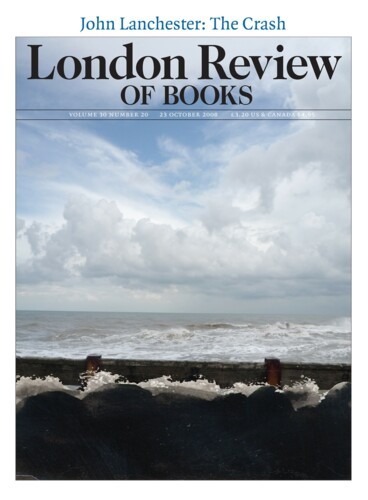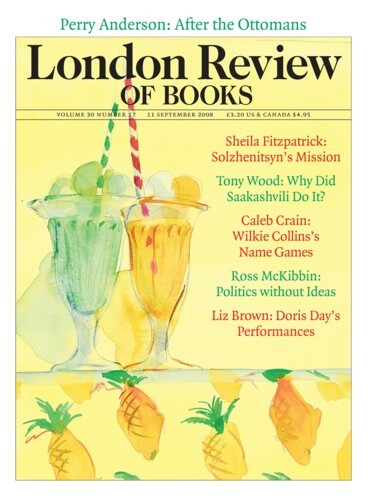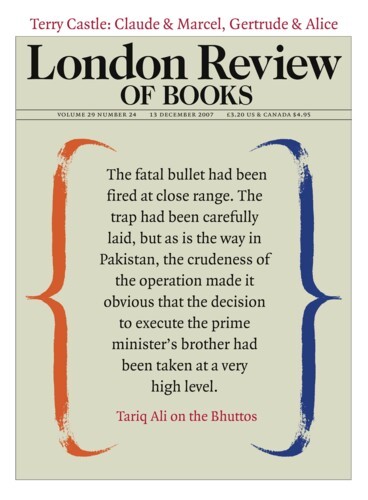What can Cameron do? The Tories and the Financial Crisis
Ross McKibbin, 23 October 2008
In 1931, as the European banking system seemed to be collapsing, the Austrian economist Joseph Schumpeter observed that people felt the ground giving way beneath them, and not merely those with bank accounts. Many in Britain and America must be experiencing similar tremors now. Yet, in Britain at least, there are huge differences between 1931 and today.





